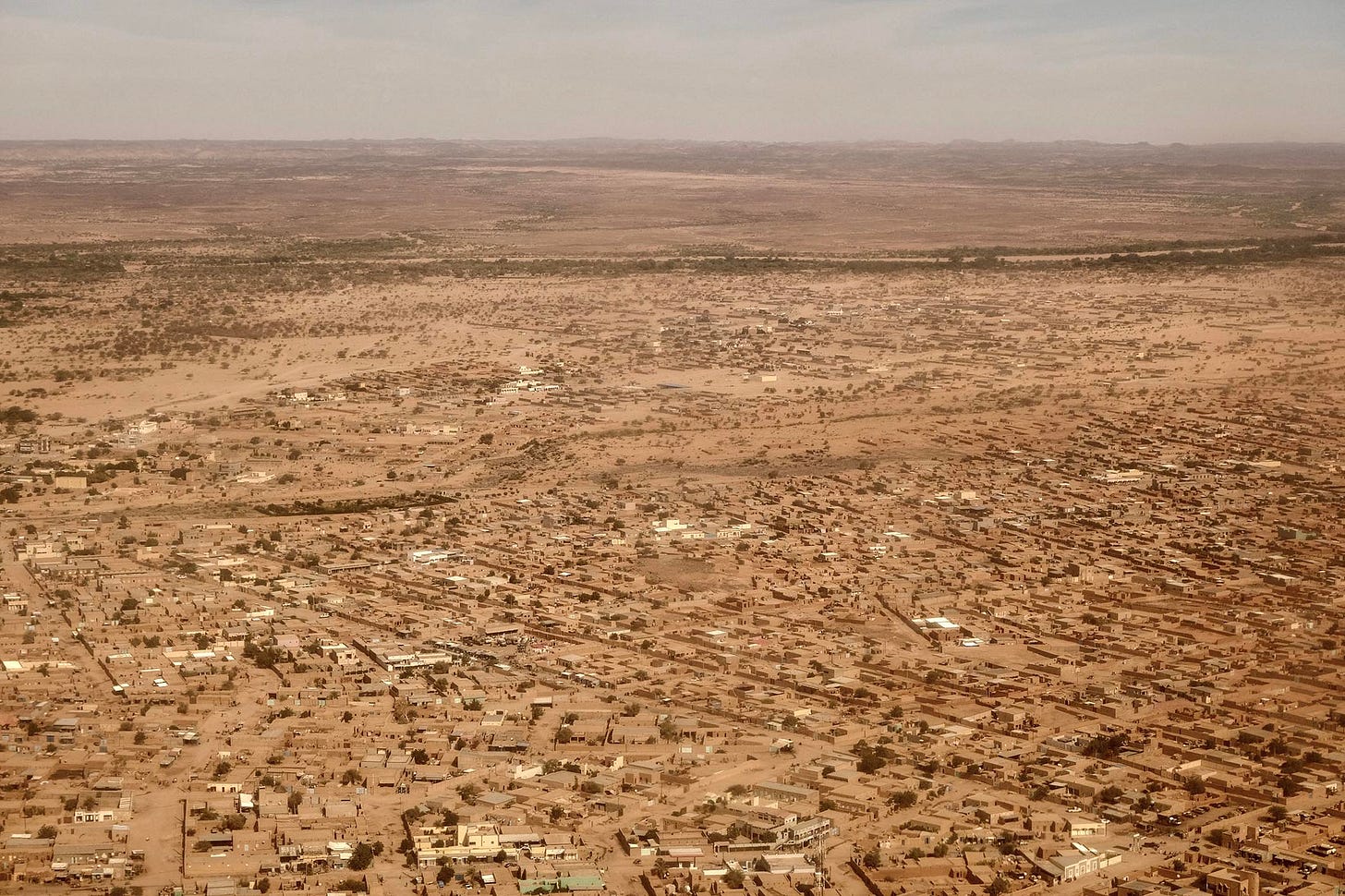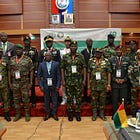Niger: Words over war
By prioritising peace talks in areas where rebel movements cropped up, the military junta in Niamey may have secured its rule, and saved Nigerien lives.
Beverly Ochieng in Dakar

Fighters from two armed groups that have opposed Niger’s military government are preparing to lay down their arms. This is a milestone for the planned national dialogue process.
Dozens of insurgents, some based in neighbouring Libya, have reportedly returned to Niger as part of an amnesty programme established by the junta to forestall an insurgency in the northern region of Agadez. Their return is likely to divide the rebel groups that took up arms against the putschists who staged the July 2023 coup and removed the elected president Mohamed Bazoum.
After a spate of rebel attacks that began in June, transitional authorities and local leaders in the communities from which the insurgents are drawn began discreet talks. They seem to be paying off.
Most of the rebel attacks – including the killing of several soldiers in Agadez and a deadly attack near the Agadem oil pipeline – were claimed by the Patriotic Liberation Front (FPL). It formed to pressure the junta, which calls itself the National Council for the Safeguarding of the Homeland, to restore Bazoum.
The group also sought to undermine the junta’s economic interests by threatening commercial operators on the pipeline, a project that the FPL leader, Mohamed Salah, has previously been convicted for targeting. Other armed groups joined the fray, including the Patriotic Front for Justice which attacked the northeastern town of Bilma in June.
In recent months, the insurgents appeared to be building alliances in and outside Niger.
In September, FPL met Malian separatists in Tinzaouaten, near the border with Algeria, after which they pledged to coalesce armed opposition towards their military governments.
FPL then unveiled a rebel coalition with three other armed groups in Niger, dubbed the Coordination of Free Forces of Niger. In mid-October al-Qaeda’s Sahel branch, Jamaat Nusrat al-Islam wal-Muslimin claimed a rare attack in Agadez where it reportedly killed seven soldiers and a civilian.
Jamaat Nusrat is the most active transnational fighting group in the Sahel but it’s mostly active in Burkina Faso and Mali. In Niger, it had mostly been active in the southern parts bordering Benin, where it staged two deadly attacks against security forces this year.
With its Agadez attack, a coordinated coalition against the junta seemed to be coalescing further north where government security thinned out last year after government soldiers were mobilised towards Niamey, to prepare for a military intervention threatened by the Economic Community of West African States in response to former president Bazoum’s removal.
Pragmatic approach
Niger has prioritised talks with rebels over an armed response, a significantly different path from what the juntas in Mali and Burkina Faso have taken.
Militarised responses could have heightened resistance, drawn community or political support for FPL affiliates from the junta in Niamey whose acceptance is still shaky, or simply stretched Niger’s security forces even thinner.
Instead, since the start of November, tens of FPL insurgents have surrendered their arms to the Agadez governorate and more appear intent to heed to the junta’s “Call to the Fatherland”.
The surrenders – and the junta’s wellreceived promise to protect commercial assets in Agadem and Agadez – can weaken the political clout of the exiled leaders of the rebel groups. That sets the military government up nicely for influencing the progress and outcome of a future national dialogue.
The junta has not addressed the persistent and broader uncertainty over how much longer it intends to stay in power, and the future of political representation in Niger.





